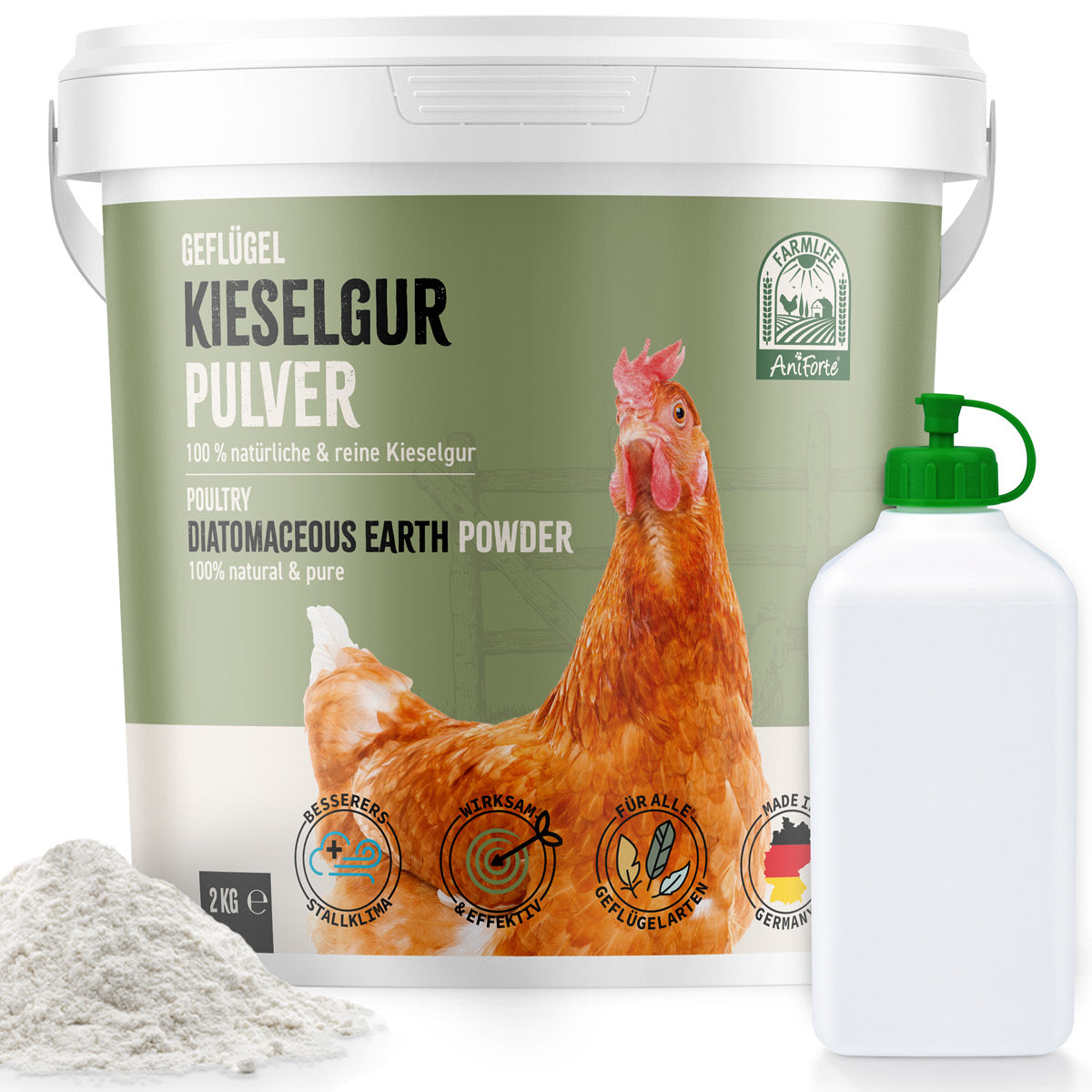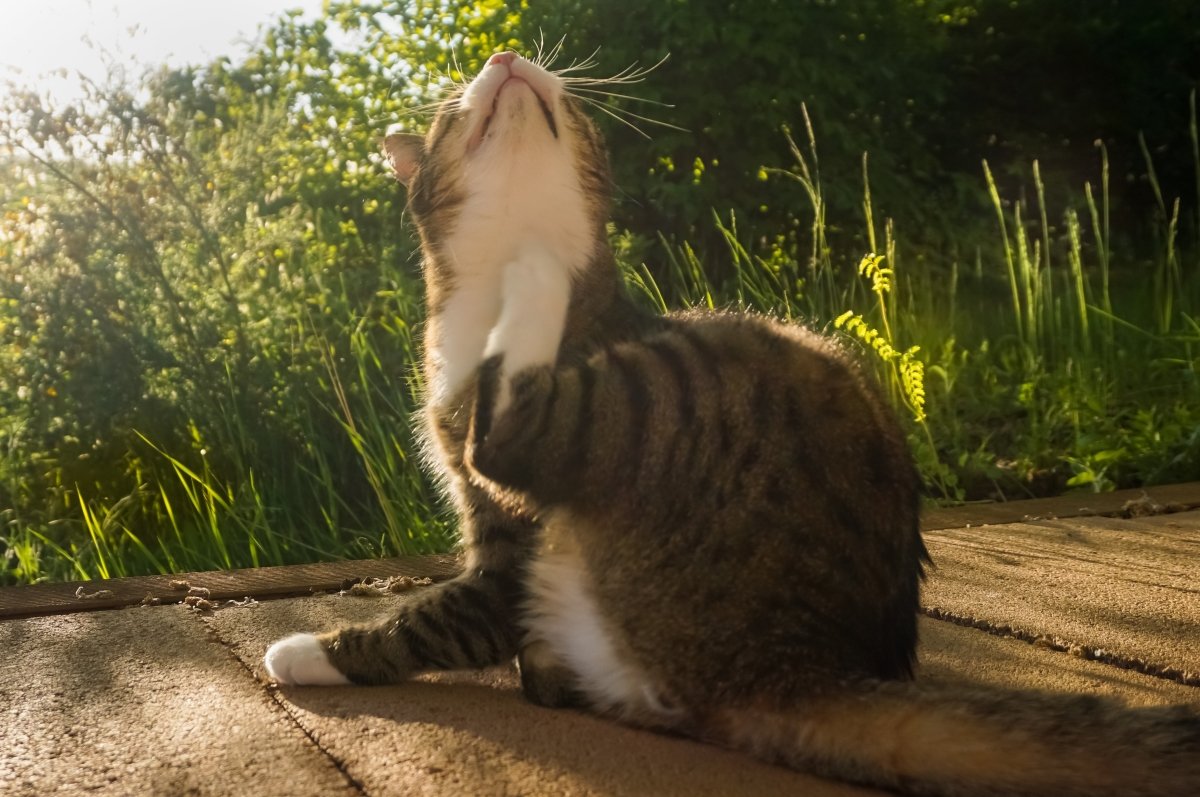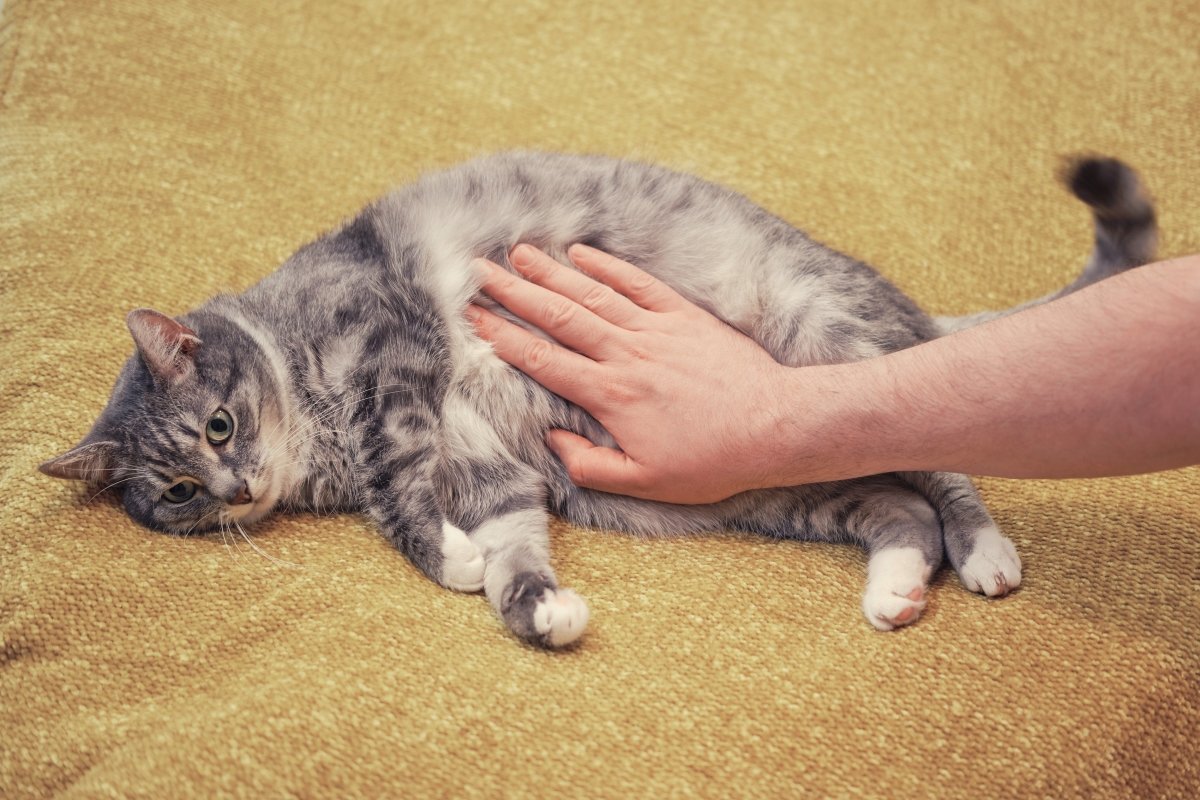Cat coughing: causes, symptoms & treatment
When a cat suddenly starts coughing, it can be quite frightening for owners. Especially if your cat has difficulty breathing or is coughing up bloody sputum, you should consult a vet as soon as possible, as your cat may have inhaled a large foreign body that is now stuck in the windpipe. Nevertheless, you should not panic: Cat cough is a fairly common condition that should be described more as a symptom. Coughing in cats can be caused by a wide variety of underlying illnesses, most of which are easily treatable.
What does cat coughing sound like?
When cats cough, it usually manifests itself as a bursting sound, similar to a sneeze. The cat usually stretches its head forward when coughing, as if it is trying to expectorate something. The noise can also sound gagging and can be quite unsettling for humans. You should act particularly quickly if your cat's coughing is accompanied by difficulty breathing or you have the feeling that your cat is panicking. Choking and coughing in vain may indicate a large foreign body, which should be removed from the windpipe as quickly as possible. On weekends and public holidays, the emergency veterinary service in your region can help. If your cat's cough is chronic or does not subside for 1-2 days, you should also consult a vet. Untreated coughing in your cat can not only lead to injuries to the respiratory tract, but can also spread to the mucous membranes and conjunctiva in the case of infectious pathogens.
Typical accompanying symptoms when cats cough
Coughing can become chronic and very unpleasant for your cat, especially if it is due to untreated infectious causes. In addition to the classic intermittent coughing and gagging, the following symptoms may also occur: - fatigue - fever (in the case of infectious diseases) - difficulty swallowing, loss of appetite, weight loss - bloody or purulent sputum - nasal discharge, mucus - increased breathing noises If one or more of the above symptoms occur together with the cough, it is best to consult a vet who will thoroughly examine your cat and the coughing. This will include listening to the windpipe and using imaging techniques to check for foreign bodies. A swab can also be taken to identify the causative pathogens.
Possible causes of your cat's coughing
The reason why cats cough is crucial for the further course of treatment and should therefore be clearly clarified by the vet. There are two main causes of cat coughing: infectious and non-infectious. Infectious diseases are usually treated with an antibiotic, which is either injected or administered orally over several days to weeks. Parasite infestations that have caused your cat's cough are treated with appropriate medication, e.g. a worming treatment. Larger injuries must be treated and tumors surgically removed or treated with radiotherapy.
Infectious causes of cats coughing: cat flu
Infectious causes are usually bacteria, fungi, viruses or parasites that cause your cat to cough and weaken its immune system. A cat cold or cat cold complex is the accumulation of several bacteria and viruses that can colonize in an already weakened kitten. Such a cat cold is particularly noticeable through increased sneezing and nasal discharge. In the later stages, conjunctivitis and inflammation of the mucous membranes can also occur. Young, older or immunocompromised cats are particularly at risk of infection with pathogens. However, healthy cats can also suffer from severe cases. Especially if the feline herpes virus (FHV) or the feline calicivirus (FCV) are also present. Parasites are usually lungworms that are ingested through the excrement of other cats. Especially if your cat spends a lot of time outdoors, you should ensure that it has appropriate parasite protection in the form of a worming treatment. Do you have any questions or other concerns? Then get in touch with us. We are here for you and your cat!
Non-infectious causes of cats coughing: tumors, foreign bodies, etc.
A common, usually harmless cause of cats coughing is small foreign objects such as blades of grass, fluff or your cat's own hair. If your cat is still desperate after a few minutes because it cannot expel the foreign body, you should consult a vet. If you suspect that your cat has swallowed a large foreign body or is suffering from smoke inhalation, a visit to the vet is also essential. Feline asthma should be treated with appropriate inhalation to alleviate your cat's symptoms such as excessive coughing. In rare cases, tumors can also be the cause of increased coughing in cats. These cause a narrowing of the windpipe, which triggers the urge to cough. The cough caused by a tumor usually begins mildly and increases depending on the growth of the foreign tissue.
Is my cat ill? Have a cough examined & treated by a vet
As already mentioned, the vet will treat your cat and the cough depending on the cause or diagnosis. In order to make a diagnosis, he will first check all vital signs and then determine the exact cause using a variety of procedures. Inhalation, antibiotics and antiparasitic agents are among the most common treatment methods to get rid of your cat's cough. However, depending on the cause, surgery may also be necessary. In order to get the right treatment for your cat, you should always consult a vet and avoid experimenting on your own, which may only delay the "right" treatment. To strengthen the immune system and for prevention, you should pay attention to a healthy and natural diet. We at AniForte therefore rely on natural cat food without preservatives and added sugar. We also offer all BARFers a selection of essential feed supplements that provide the cat's organism with valuable vitamins and minerals and thus possibly prevent your cat from developing an unpleasant cough in the first place.
Natural home remedy for cat coughs: Inhalation
In order to choose the right home remedies to help your cat, you should first take him to the vet and have him treated accordingly. Home remedies are not a substitute for treatment! Rather, they can help to strengthen the immune system so that your cat is less susceptible to coughs and other illnesses. Food supplements such as colostrum can also help to support a normal immune system and the body's defenses. Your vet can also tell you which home remedies can provide quick relief so that your cat coughs less. Only one home remedy has no side effects if used correctly: steam inhalation. It can help with bronchitis to moisten your cat's airways and thus relieve the urge to cough. To do this, place your cat in its transport box with a cozy blanket. With luck, your cat will soon stop coughing. To prevent burns, place a pan of boiling water, possibly with a pinch of sea salt, next to the box, keeping a safe distance from it, and cover everything. Do not let your cat out of your sight during this time; you should stop the inhalation after a maximum of 10 minutes. We at AniForte are here to advise you if your cat has a cough. Find out more with our help and plan your next steps so that your cat will soon be feeling better again!





